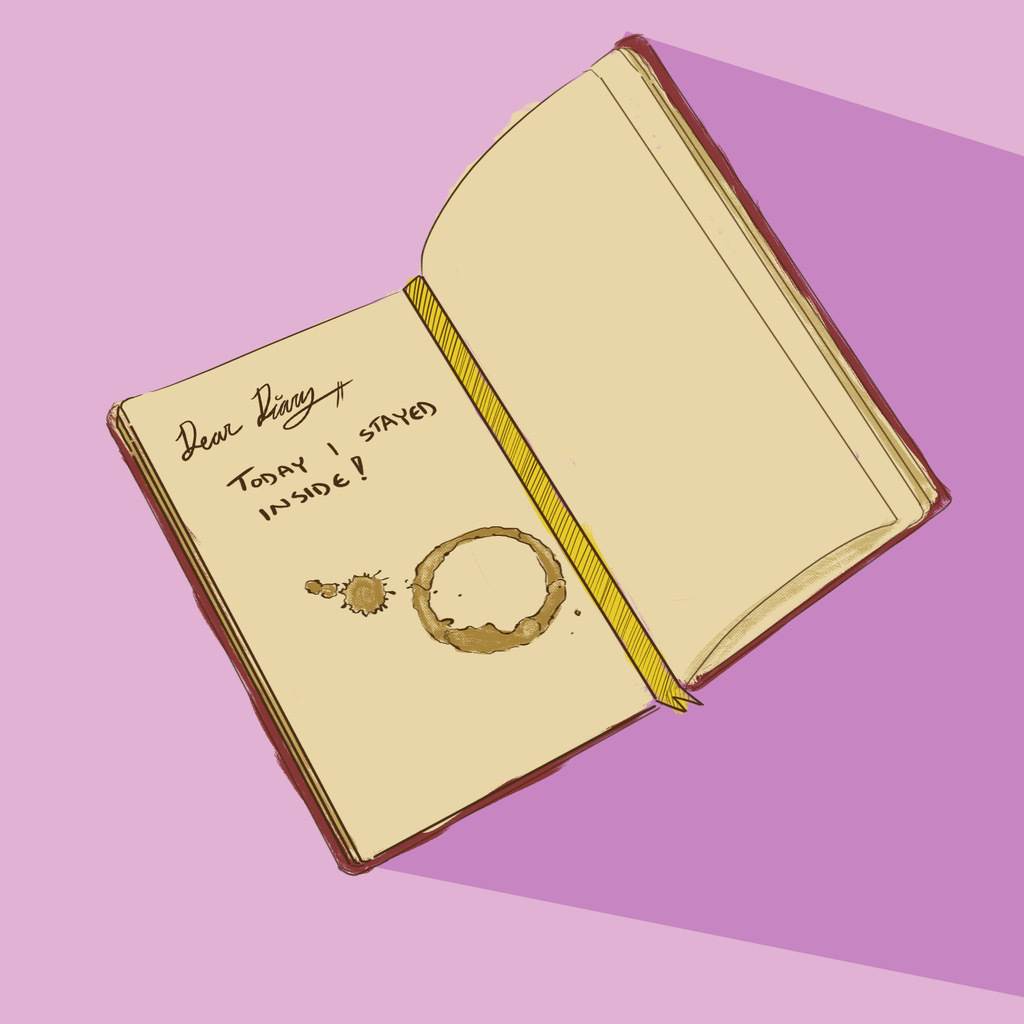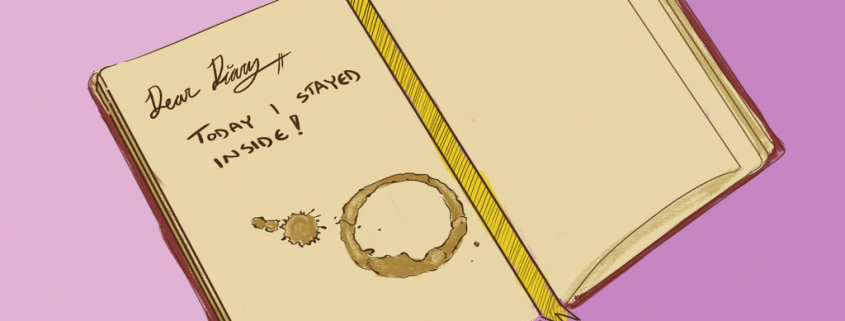Students should make a record of their life during the coronavirus pandemic

While finishing up hectic finals schedules and trying to sort out summer plans, it can be tempting to only focus on when this will be over –– when students can return to campus, see their friends again and resume “normal” activities. Given how all-consuming the news surrounding the pandemic has become, it’s no surprise that the focus remains how to get through it. Everyone wants this to be over soon. But, it is equally important to document the small ways the virus has impacted everyday life — to recognize and record its effects. By writing, journaling and creating, students can play a role in the collection of history.
Museums across the world are asking people to document how the coronavirus has impacted their lives. In New York, the historical society is asking for photographs, drawings, objects and stories connected to the people of the city and around the globe. People have already sent in photos of empty city streets, workers in protective gear, the making and distribution of masks and hand sanitizer and drawings hanging in home windows. There are also testimonials, stories, art projects and more — anything that will help the museum build a future digital exhibit about life during a pandemic.
While photographs and digital media serve as a visual representation of history, journaling and writing may be an even more permanent method of documentation. Journaling holds many benefits, allowing for relaxation and a moment of calm in an otherwise stressful environment. Even spending just five or 10 minutes reflecting on personal emotions or thoughts may help provide a little relief from anxiety. Writing is proven to be therapeutic and can aid in improving mood, the immune system and memory.
Throughout history, journaling has also become one of the most trusted and reliable formats historians use to understand the full picture of a certain time period. Students immediately recognize the story of Anne Frank, whose writing has become a pivotal part of learning about World War II. Likewise, personal writing from times of conflict, war, civil and political change or deadly disease presents one of the most valuable historical assets.
But no matter the medium, be it writing or photography, this period in history is no different. In 50 years, it will be necessary for students to learn about this time. What better way as college students, as creators and creatives, to be a part of this process than to document it?
Students at USC are already recording new aspects of their lives at home by continuing to create. Across departments, social media has become a space for students to share their work and remain connected to the University community. On Instagram, Annenberg Media reporters still deliver the news. Roski School of Art and Design majors have adapted their projects: some ceramics students are making gifs to display class pieces. Glorya Kaufman School of Dance students just concluded virtual senior project presentations and dancers continue producing shared works by performing separately at home and assembling footage into a finished collaborative piece. Thornton School of Music students similarly adapted by sharing online performances and are even planning to hold an online music festival in May. At the Iovine and Young Academy, students and faculty are working to design and print 3D face masks and distribute them to medical workers.
Simply by harnessing their skills and creativity, students are showcasing the ways in which ingenuity has evolved and thrived. These projects will be pivotal in remembering life during a pandemic.
Continue making, creating and working. And when there is a moment of calm, write it down. If there is any time to rest while figuring out how to survive this, there is a strong case for using that time to document how this virus has changed work, life and the creation of art. Whatever comes out of this pandemic will be a marker of this particular time in history — one we and future generations will want to look back on some day.

